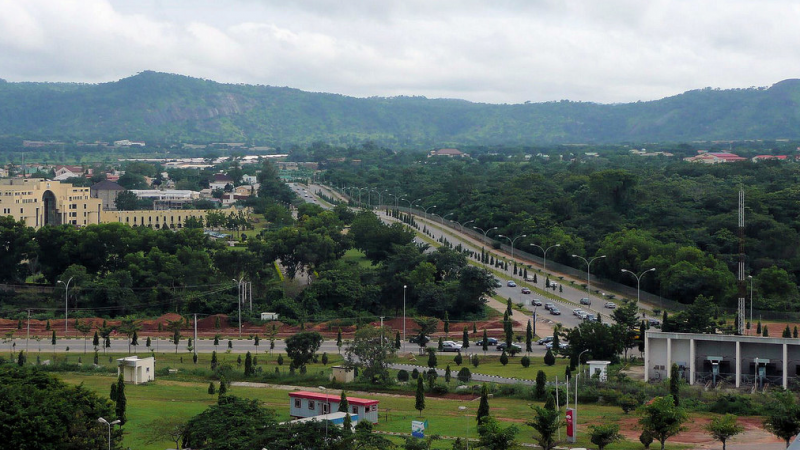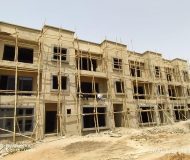
How Tinubu’s Policies Are Reshaping the Real Estate Landscape
The administration led by President Bola Tinubu has introduced a series of policies that are having a far-reaching impact on both the people and the economy. Over the past five months, these policies have been attributed to the rising cost of living, diminished national productivity, struggling businesses, substantial job losses, and a resulting increase in poverty and hunger.
In the real estate sector, the situation has been particularly challenging, affecting various aspects such as development, material sourcing, marketing, financing, and the cost of funds. According to a recent report from Northcourt Real Estate, property buyers can expect price adjustments to reflect these new realities. The construction sector is also anticipated to adapt its offerings in response.
Ayo Ibaru, the CEO of Northcourt Real Estate, noted that design concepts for projects will be adjusted, especially in the mid to low-income residential submarket of Tier one cities where land competition is fierce. Smaller lot sizes and more intense land use will likely see increased demand due to the high cost of capital, weak aggregate demand, and tight revenue margins.
Specifically, the report predicts that these policies will have several impacts, including:
- Exit of Low-Risk Developers and Investors: Short-term costs will exert pressure on real estate market players with a low-risk appetite, potentially prompting their exit to other investment options, such as government securities offering attractive returns. Growth is expected to continue, with mixed sentiments opening up opportunities for newer investors looking for long-term investments when the dividends of foreign exchange harmonization and fuel subsidy removal policies begin to materialize.
- Increased Infrastructure Development: Despite the challenges, there is a positive aspect to these policies, particularly the removal of fuel subsidies. The government’s substantial spending on fuel subsidies from 2005 to 2021, as reported by the Nigeria Extractive Industries Transparency Initiative (NEITI), could have been redirected towards critical sectors like healthcare, education, agriculture, and defense, among others. The removal of fuel subsidies offers an opportunity for the government to prioritize infrastructure investments.
- Increase in Abandoned Projects: In the mid-term, the removal of fuel subsidies, combined with rising construction material costs, labor expenses, and transportation charges, may lead to the abandonment of construction projects. Refinancing required for ongoing housing estates could become unattainable, and investors might reassess their involvement, potentially putting plans on hold.
Read also: ESTATE SURVEYORS URGED TO ENHANCE PERFORMANCE BY PRIORITISING LEISURE
- Increased Urban Congestion: The removal of fuel subsidies and the subsequent rise in living costs have led to higher transportation expenses. This, in turn, has prompted residents to spend more time near their homes, seek accommodation with friends, or opt for shared apartments. The resulting population density surge is expected to drive the demand for co-living spaces as people look for affordable and accessible housing options in congested urban centers.
- Adjustment to the Finishing Regime: In the construction sector, ongoing projects may experience delays in delivery due to changes in foreign exchange policies. Developers may temporarily halt construction due to difficulties in accessing funds, and some may need to adjust construction and finishing materials to more affordable standards to mitigate rising prices. The removal of the fuel subsidy is also anticipated to disrupt the supply chain for inputs, leading to delivery delays in properties.
This comprehensive overview highlights how President Bola Tinubu’s policies are reshaping the real estate sector, with both challenges and opportunities emerging as a result.





